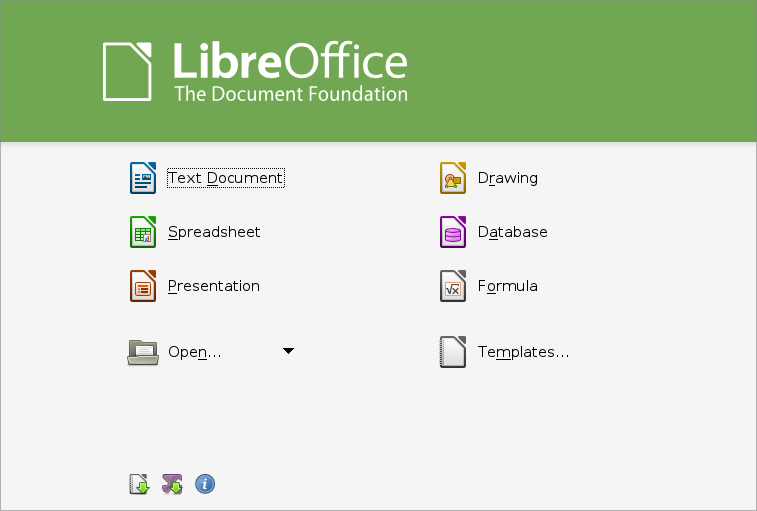

LibreOffice contributors try to put lipstick on a pig [1], but Louis Suárez-Potts (very prominent in this area) makes it clearer [2] that "SUSE has ceded development to others, if any, on LibreOffice." There are already some distracting announcements [3,4] and on the face of it we'll need to reconsider the role of IBM and Apache OpenOffice. Maybe they'll be the only branch to survive one day, even if in Symphony form.
Some readers might be surprised by the way I’m describing the announcement. It might be tempting to see these news as the sign of the upcoming demise of the LibreOffice project. This is very far from being the case and there are two good reasons for that.
First, Suse is NOT dumping LibreOffice developers away. The same developers basically went in a new company and there working on LibreOffice development there. In American parlance, this is called a spin-off.
Basically, SUSE has ceded development to others, if any, on LibreOffice. And also calling it a "community" effort--often, if not necessarily in this case--a code term for something thrown under the bus does not inspire confidence in LibreOffice.
Today we are happy to announce that the final schedule of the LibreOffice Conference 2013!
CloudOn, one of the leading mobile productivity platforms that allows users to create, edit and share documents in real time across devices, has joined the advisory board of The Document Foundation (TDF).
TDF looks after the development of LibreOffice, the free and open source office suite that competes with Microsoft Office.
Consider the way that most people use a word processor like LibreOffice's Writer. Whenever they want to change the default formatting, they select part of the document – for example, a paragraph or a page -- and then apply the formatting using the toolbars or one of the menus.
Is LibreOffice the only worthwhile office suite for Linux users? Possibly not, thanks to KDE’s Calligra.